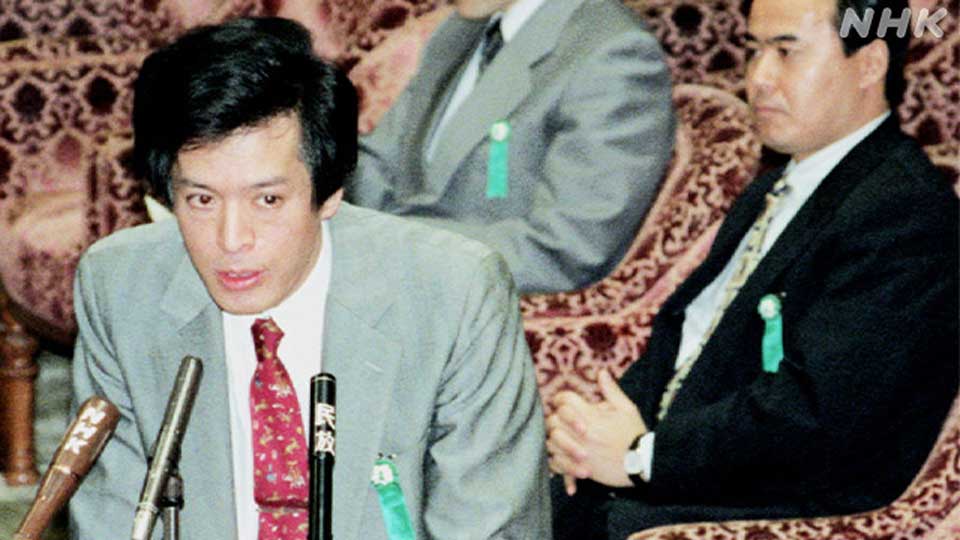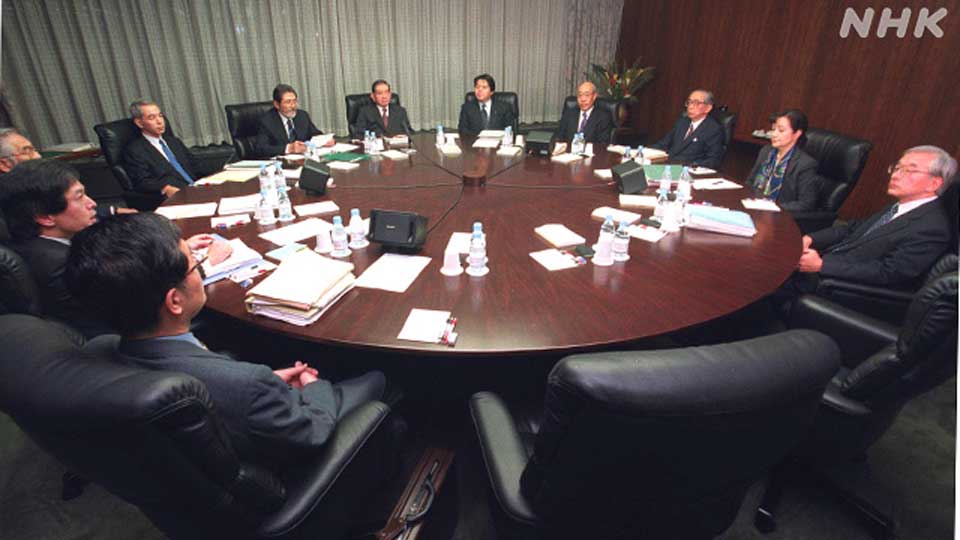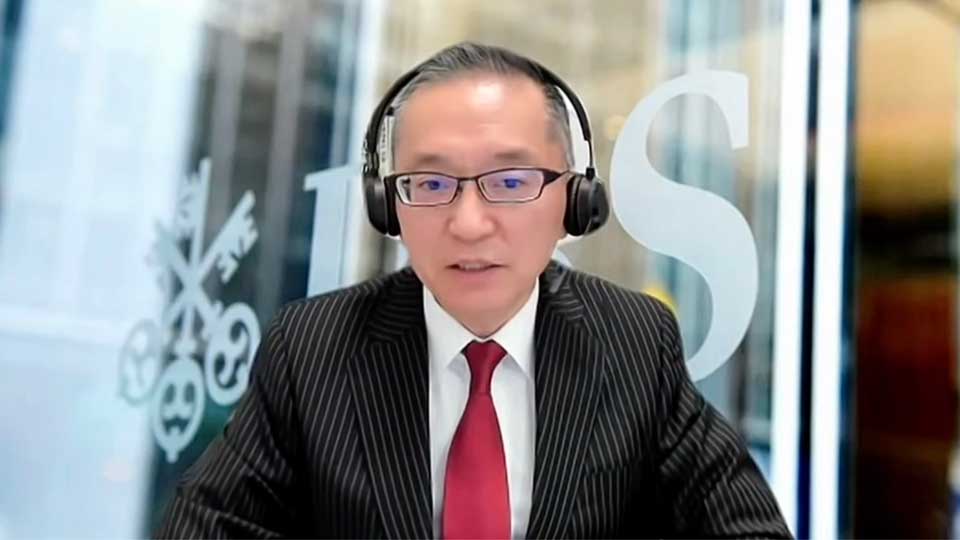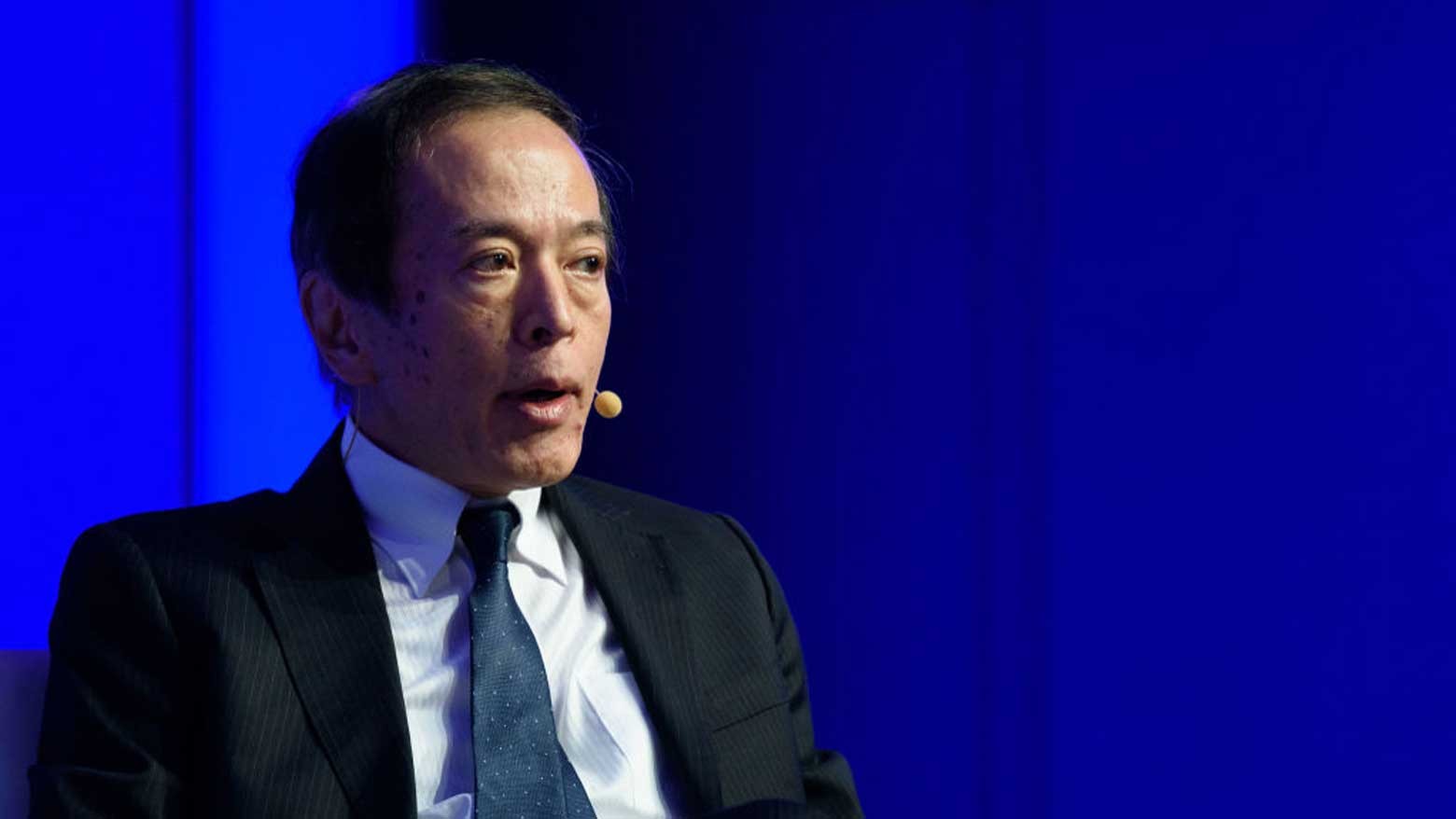Academic with BOJ experience
Ueda, 71, was nominated at board meetings of the steering committees for both houses of the Diet. His appointment requires the approval of both chambers. Ueda is expected to testify at confirmation hearings this month.
Ueda is a former member of the BOJ Policy Board and is currently a professor at the University of Tokyo. Since the end of World War Two, the majority of BOJ governors have been selected from within the bank's ranks, or from the Ministry of Finance.
With monetary policy becoming considerably more complex over the past decade, the BOJ was once again expected to turn to one of their own and pick someone well-versed in the current large-scale monetary easing policy.
Ueda specializes in macroeconomics and monetary theory and is considered one of Japan's leading economists. After graduating from the Faculty of Science at the University of Tokyo in 1974, he entered the Faculty of Economics as a bachelor's student and conducted research in its graduate school.
He went on to obtain a doctorate at the Massachusetts Institute of Technology and taught for two years as an assistant professor at the University of British Columbia in Canada. After returning to Japan, he served as an assistant professor at Osaka University and the University of Tokyo before becoming a professor at the University of Tokyo's Faculty of Economics in 1993.

In 1998, Ueda became a member of the BOJ's highest decision-making body, the Policy Board. He served on it for seven years. Some remarks he made at a monetary policy meeting in March 1999, soon after the Bank of Japan introduced its zero-interest-rate policy, are particularly noteworthy:
"I think there is a way to go about announcing to the market the degree of commitment [to the zero-interest-rate policy] a little more strongly. It is worth considering whether we can put in something that will be a bit of a surprise to the market, a message that we are going to continue this [zero-interest-rate policy] until the economy is back on its feet."
The idea was that if the BOJ maintained its zero-interest-rate policy, with rates remaining unchanged unless certain conditions were met, it would add downward pressure on long-term interest rates and increase the effectiveness of monetary easing. The concept came to be known as "policy duration effect," and Ueda is considered its chief architect.
In keeping with that, then BOJ Governor Hayami Masaru announced after the bank's April 1999 policy meeting that the zero-interest-rate policy would continue until concerns about deflation were allayed. Ueda's policy duration effect became a commitment.
At that time, interest rates were falling to near zero, and the effects of monetary policy were limited by a zero lower bound. However, by working with the market through the policy duration effect, it was possible to further increase the effectiveness of monetary easing. The unique ideas of an economist – in this case, Ueda – shaped the approach.

Another notable moment during Ueda's tenure on the nine-member Policy Board was his vote in August 2000 against a proposal to terminate the zero-interest-rate policy. He and another member were the only ones to oppose the proposal, so the policy was terminated anyway.
The economy subsequently worsened and the BOJ was criticized for getting its timing wrong. In hindsight, Ueda's approach may have been a better direction to take.
In March 2001, the BOJ decided to move forward with quantitative easing until the consumer price inflation rate rose steadily above zero percent. The aim was a policy duration effect.
Around that time, Ueda stated he would like to "calmly observe and analyze how the actual effects match with and differ from those assumed in theory" with regard to quantitative easing, which was considered an exceptional policy at the time. His attitude was that he would examine policies from both theoretical and practical perspectives before moving forward.
After finishing his stint on the BOJ Policy Board, Ueda returned to academia as a professor at the University of Tokyo's Graduate School of Economics. But he has maintained a close relationship with the bank and since 2008 has served as a special advisor to its Institute for Monetary and Economic Studies, which conducts research on financial theory.
He has also participated in international symposiums held by the BOJ, building relationships with scholars and central bankers from abroad.
In 2008, as chairman of the Cabinet Office's Research Committee, he compiled an updated version of the Maekawa Report, a national growth strategy. During the same year, he became an external director on the board of the Development Bank of Japan.
Market reaction
A Japanese economist who closely follows the BOJ says Ueda is neither what the market calls a hawk, someone who favors tighter monetary policy, nor a dove, who supports easing.
Adachi Masamichi told NHK he anticipates a new approach: "Governor Kuroda is so eager to achieve the two percent inflation target and he didn't pay much attention to the financial market. We are seeing big turbulence in the bond market at the moment. And last year, we saw the yen plummet. I think Professor Ueda will be more careful to avoid market volatility through more smooth communication."

Adachi says he doesn't know exactly what changes to expect at the BOJ under Ueda, but notes it will become a different institution. He hopes the central bank will find a way to gradually unwind the ultra-easing policy without doing serious damage to the economy.
He believes Ueda has a difficult balancing act ahead.
"Inflation is quite high in Japan, (at) four percent, (although) many people believe that will go down to below two percent by the end of the year. If Professor Ueda decides to tighten the policy too early, the Japanese economy can go back to deflation, or if Professor Ueda doesn’t move at all, then inflation may peak much higher than two percent."
Adachi also notes Ueda needs to maintain a global perspective.
"Japan’s economy is facing a key challenge of its demographics with a shrinking population shrinking our labor force," he says. "We need global demand to continue economic growth. I always feel that it’s nonsense to focus solely on Japan because you need to consider the global environment in any policy change."
Latest comments
While Ueda’s approach will become more apparent when he appears before confirmation hearings at the Diet in the coming days, he did speak to reporters on February 10.
"Monetary policy must be managed based on the current situation and outlook for the economy and prices," he said. "From this perspective, I believe the BOJ’s current policy is appropriate. I believe that monetary easing should be continued under the current circumstances."
Asked what is important to him on monetary policy, he replied, "I am an academic, so I think it is important to make various decisions logically and explain things in a clear manner."
